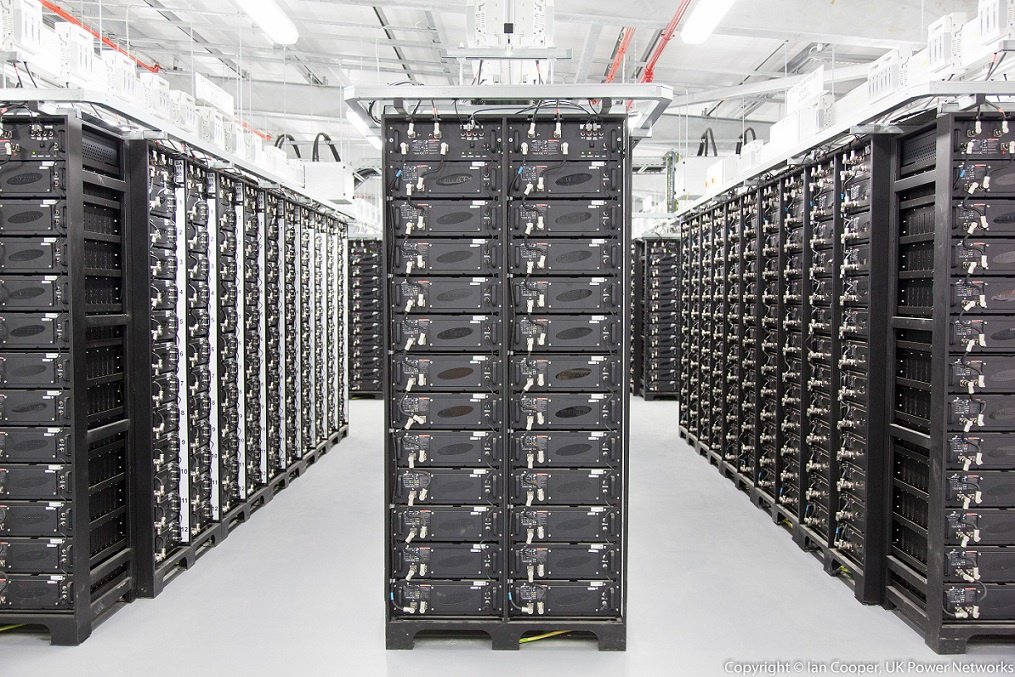(REPOST:Energy Storage News)
Operators in places as diverse as Ireland, Puerto Rico and Australia frequently rely on inertial response from thermal power plants like coal or gas-fired generators to balance sudden mismatches between supply and demand.

However, recent research from Northern Ireland’s Queens University Belfast (QUB) finds that battery-based energy storage can provide inertial response for system reliability much more efficiently, at a lower cost and with substantially reduced emissions than a much larger quantity of thermal generation.
QUB’s research found that just 360 megawatts (MW) of battery-based energy storage could provide the equivalent stabilisation to Ireland’s All-Island electricity system as would normally be provided by 3,000MW of conventional thermal generation. That shift to batteries could save up to €19 million (US$22.5 million) annually and could achieve approximately 1.4 million tonnes of annual CO2 savings.
Inertia: A blink-of-the-eye grid balancing service
Inertia is a system-wide service that responds to fluctuations in electricity frequency in the first fraction of a second of an imbalance between supply and demand – for example, when a power station suddenly drops offline. Traditionally, this stabilising hand has come from the kinetic energy provided by the spinning mass of (synchronous) generators that produce electricity from fossil fuels.


